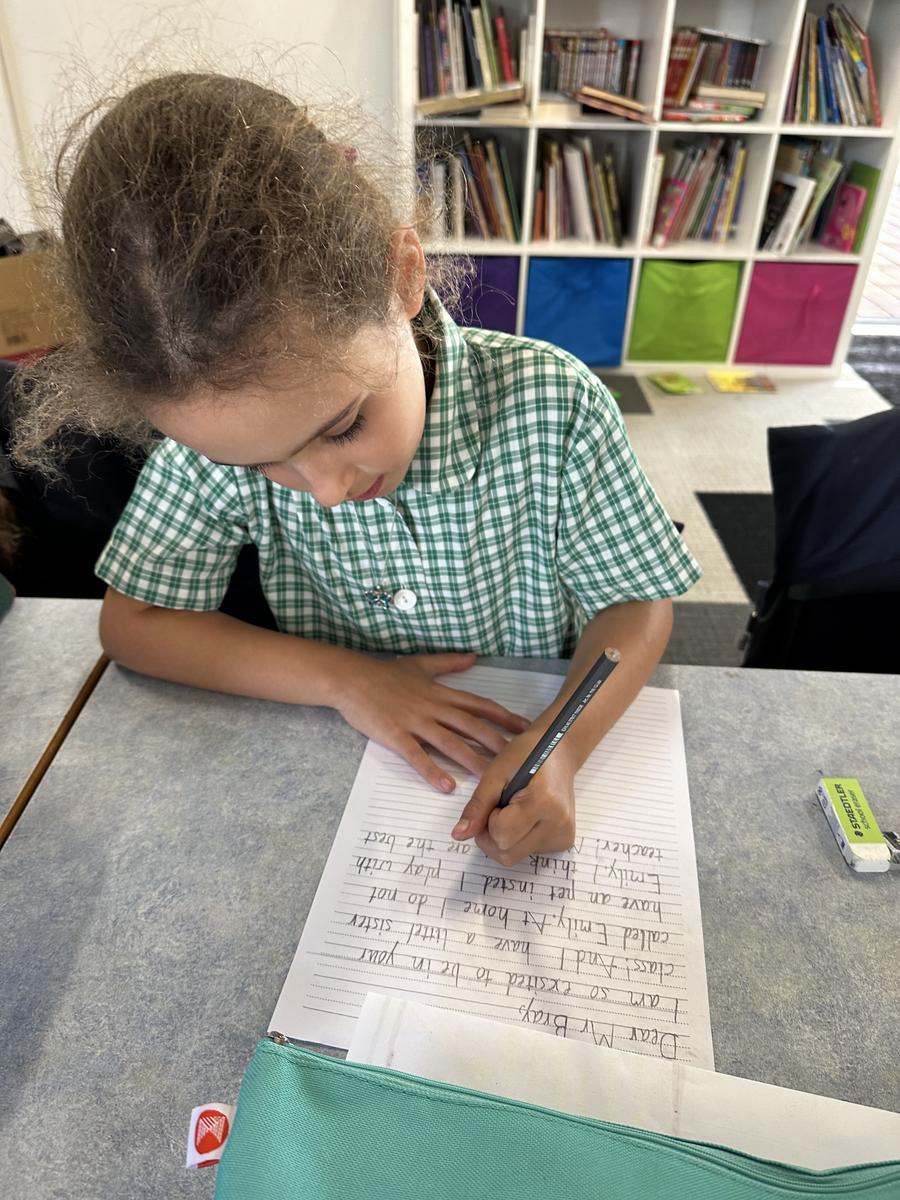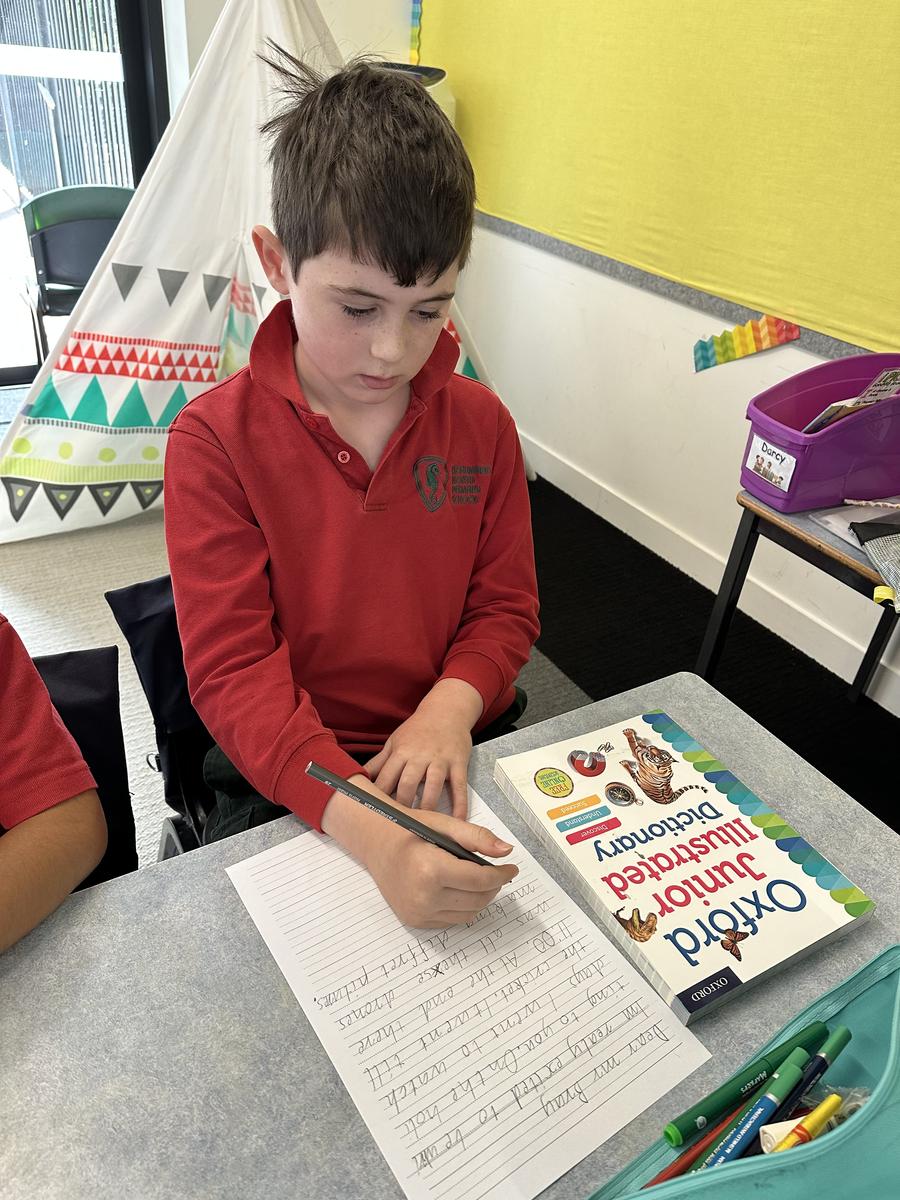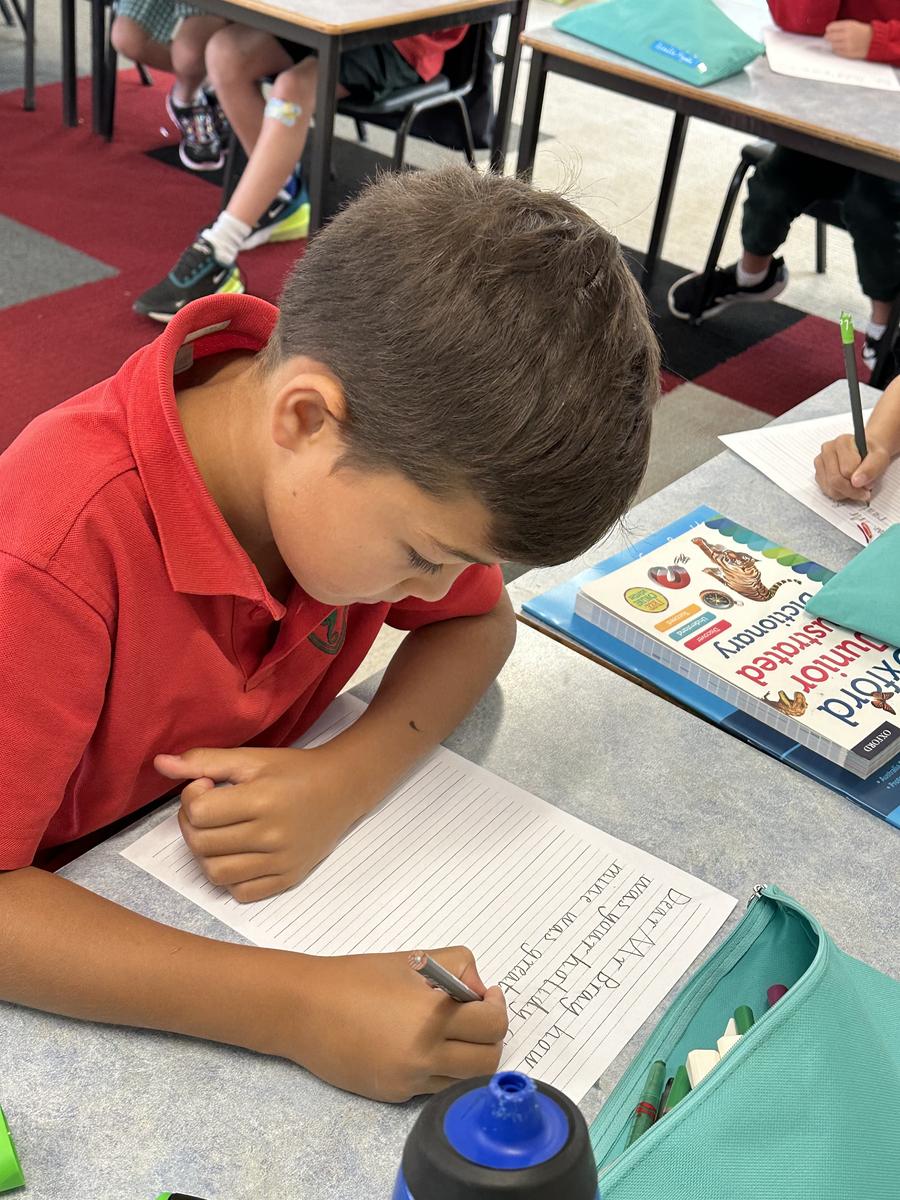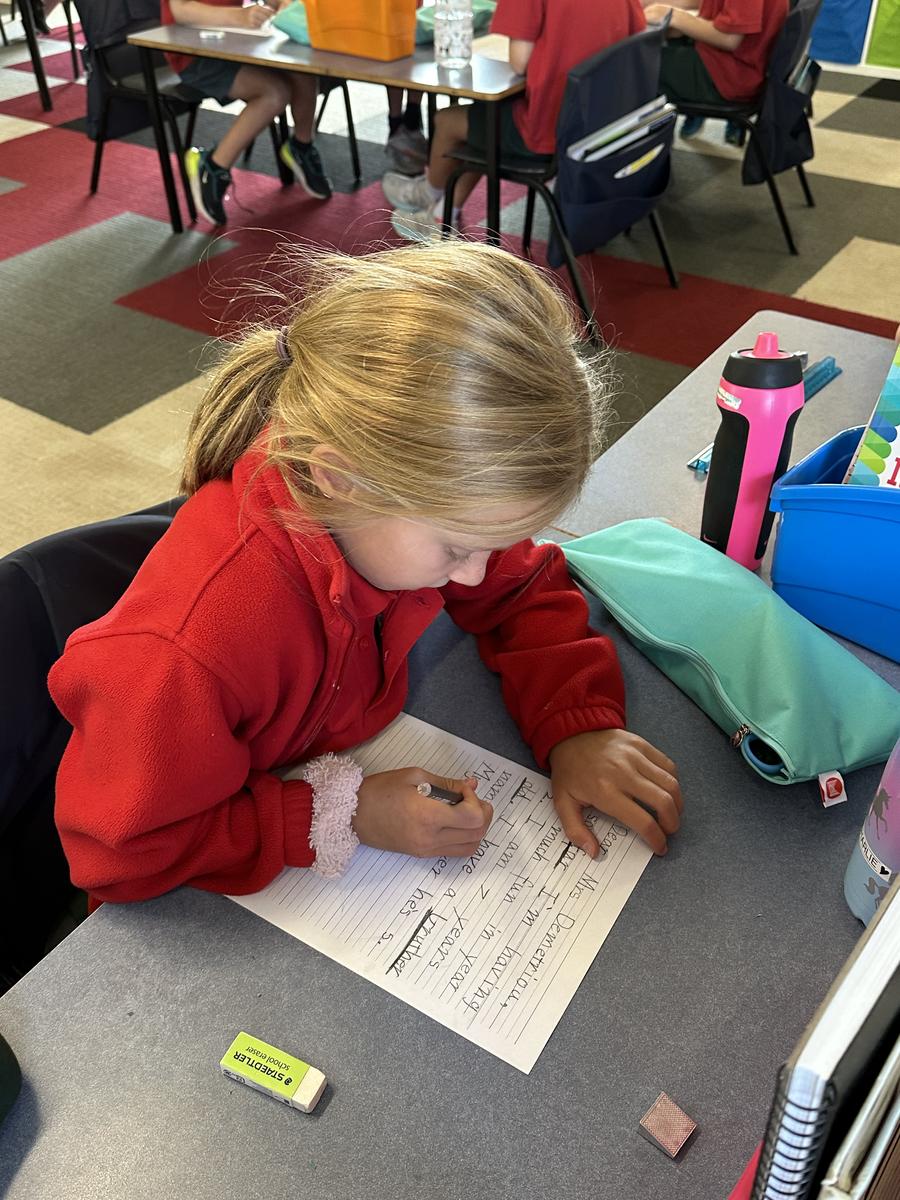Literacy
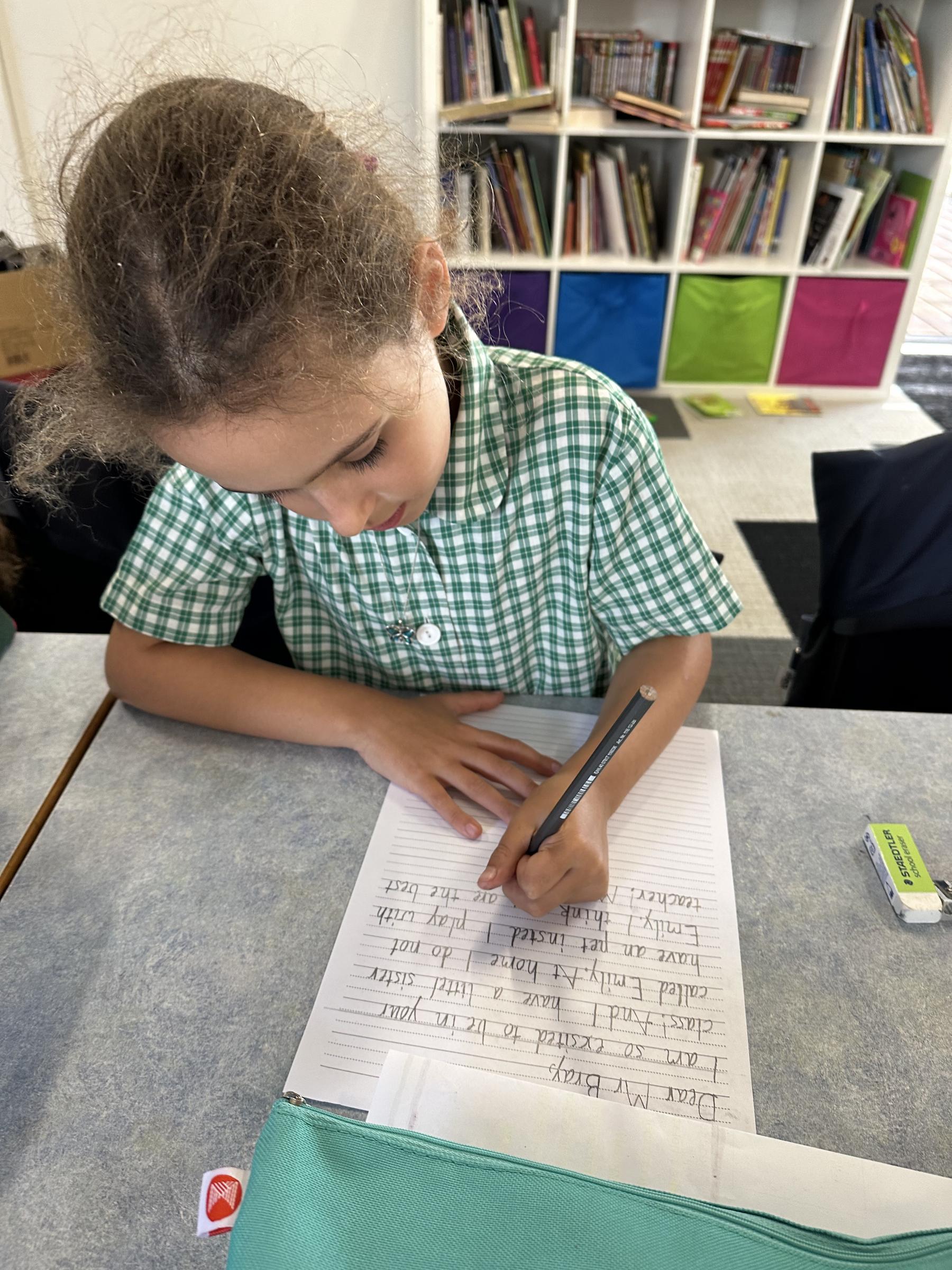
The Importance of Handwriting in Primary School
Handwriting remains a vital skill in a child’s education, even in today’s digital age. Beyond being a practical tool for communication, handwriting supports many aspects of learning and development.
Cognitive Benefits
Handwriting engages the brain in unique ways that typing cannot replicate. When children write by hand, they are strengthening neural connections linked to memory, comprehension and critical thinking. The act of forming letters and words requires focus and mental effort, helping children process and retain information more deeply.
Enhanced Retention
Research shows that students who write notes by hand often remember content better than those who type. The slower pace of handwriting encourages children to summarise, prioritise, and organise their ideas, which boosts long-term recall. This is particularly important in primary school, where foundational knowledge is built for future learning.
Educational Advantages
Literacy and Academic Performance
Strong handwriting skills support literacy development. As children learn to form letters correctly and fluently, they free up cognitive energy to concentrate on spelling, grammar and creativity in their writing. Legible handwriting also ensures that children’s ideas are communicated clearly, which contributes to improved academic performance across all subjects.
Motor Skills Development
Handwriting is also a fine motor skill. Practising letter formation strengthens the small muscles in the hands and fingers, improves hand–eye coordination and develops dexterity. These skills extend beyond writing, supporting everyday tasks such as tying shoelaces, using cutlery and engaging in art and craft activities.
Psychological and Emotional Benefits
Handwriting plays an important role in building children’s confidence and self-esteem. Being able to produce neat, legible work gives children pride in their achievements and motivates them to engage more actively in class tasks.
Patience and Persistence
Learning to write well requires time, effort and practice. Children develop perseverance as they refine their skills, understanding that improvement comes gradually. This patience and persistence are qualities that transfer into other areas of learning and life.
The Lasting Value of Handwriting
Although technology continues to evolve, handwriting remains a lasting and essential skill. It is not only practical for everyday communication but also a deeply personal form of self-expression. The ability to write fluently and confidently will benefit students throughout their education and well into adulthood.


